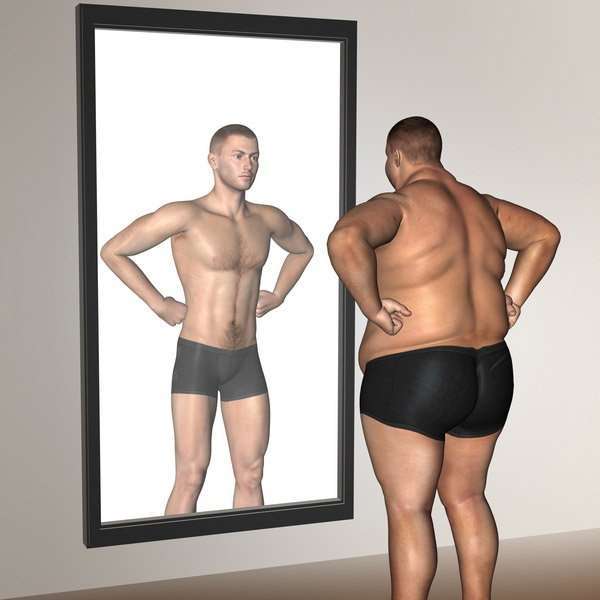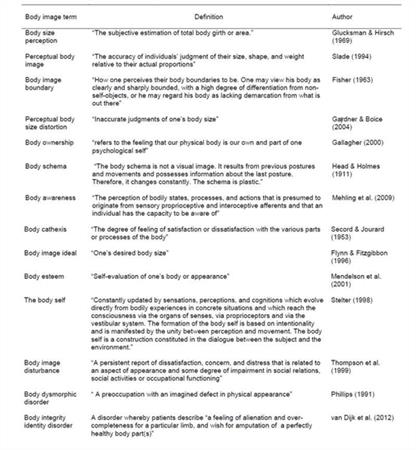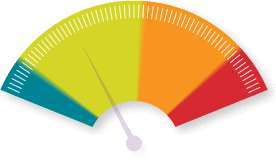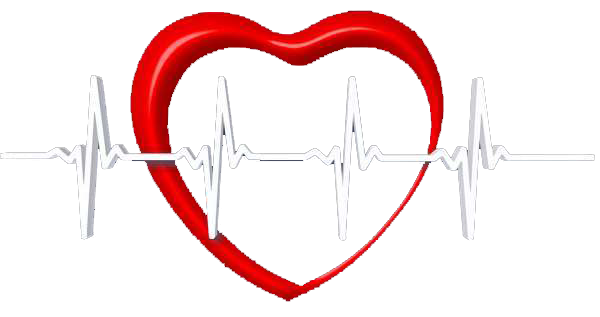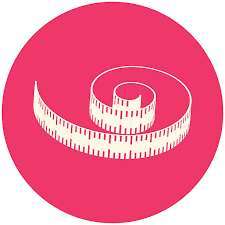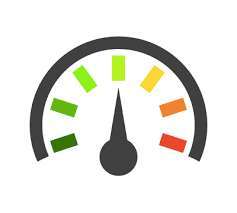Body image
Some researches have shown that obesity has increased dramatically worldwide in recent years. For more information on obesity and obesity-related diseases please go to https://www.hayatiyenile.org/en/obesity.
Body image is not just a simple subject about body structure (17). In 1950, the body image defined in one study as "an image of our own body that we have formed in our minds, that is what our body looks like to ourselves." Body image is defined by researchers in various forms. (See Table 1)
Table 1. Definitions of Body Image in the Literature
There is no generally accepted theory in the literature about the body image of patients who have bariatric surgery. However, there are some concepts about this subject such as body image anxiety, appearance orientation, general body satisfaction, body image avoidance and body control.
In modern Western societies, obese individuals catch attention of many and they are labeled by society (1). Body image dissatisfaction and body image disorders are common in people who are overweight (2-3). The disturbed body image is not sensitive situation for all obese people. Being overweight or obese can be considered as a risk factor. Findings about changes in body image after bariatric surgery can sometimes contradict this. Weight loss, excessive weight loss, nutrition problems can affect the patient's body image in different ways, so it is considered that researches have different explanations (4,5,6,7,8,9,10,11,12). On the other hand, these contradictions could have been caused by the use of different resources.
As long as the patient losing weight after the surgery, the ideal height of his or her also changes (16). Also, the effect of various surgical techniques on body type is not fully known. The researchers believe that the altered brain reward system can have positive effects on body image. There are also some evidences that depression symptoms are decreased due to weight loss and this is closely related to body image (5, 14).
Biochemist
Alper Habip
References
- Giel KE, Thiel A, Teufel M, et al. Weight bias in work settings—a qualitative review, Obese Facts. 2010; 3:33–40.
- Stunkard AJ, Wadden TA, Psychological aspects of severe obesity, Am J Clin Nutr. 1992; 55:524S–32S.
- Foster GD, Wadden TA, Vogt RA, Body image in obese women before, during, and after weight loss treatment, Health Psychol. 1997; 16:226–9.
- Schwartz MB, Brownell KD, Obesity and body image, Body Image. 2004; 1:43–56.
- Adami GF, Meneghelli A, Bressani A, et al, Body image in obese patients before and after stable weight reduction following bariatric surgery, J Psychosom Res. 1999; 46:275–81.
- Hrabosky JI, Masheb RM, White MA, et al, A prospective study of body dissatisfaction and concerns in extremely obese gastric bypass patients: 6-12 month postoperative outcomes, Obese Surg. 2006; 16:1615–21.
- Neven K, Dymek M, le Grange D, et al, The effects of Roux-en-Y gastric bypass surgery on body image, Obese Surg. 2002; 12:265–9.
- Sarwer DB, Wadden TA, Moore RH, et al, Changes in quality of life and body image after gastric bypass surgery, Surg. Obes. Relat. Dis. 2010; 6:608–14.
- Madan AK, Beech BM, Tichansky DS, Body esteem improves after bariatric surgery, Surg Innov. 2008; 15:32–7.
- De Panfilis C, Cero S, Torre M, et al, Changes in body image disturbance in morbidly obese patients 1 year after laparoscopic adjustable gastric banding, Obes. Surg. 2007; 17:792–9.
- Van Hout GC, Fortuin FA, Pelle AJ, et al, Psychosocial functioning, personality, and body image following vertical banded gastroplasty, Obes. Surg. 2008; 18:115–20.
- Van Hout GC, Hagendoren CA, Verschure SK, et al, Psychosocial predictors of success after vertical banded gastroplasty, Obes. Surg. 2009; 19:701–7.
- Hotter A, Mangweth B, Kemmler G, et al, Therapeutic outcome of adjustable gastric banding in morbid obese patients. Eat Weight Disord. 2003; 8:218–24.
- Masheb RM, Grilo CM, Burke-Martindale CH, et al, Evaluating oneself by shape and weight is not the same as being dissatisfied about shape and weight: a longitudinal examination in severely obese gastric bypass patients, Int J Eat Disord. 2006; 39:716–20.
- Munoz D, Chen EY, Fischer S, et al, Changes in desired body shape after bariatric surgery. Eat Disord. 2010; 18:347–54.
- Martin Teufel & Nicole Rieber, et al, Body Image After Sleeve Gastrectomy: Reduced Dissatisfaction and Increased Dynamics, OBES SURG (2012) 22:1232–1237.
- Schilder, P. (1950), The image and appearance of the human body. New York: International Universities Press, Inc.
- Varns, Julie Ann, "Body Image and Anthropometric Measurements in Bariatric Surgery Patients" (2016). Dissertations. 128. http://irl.umsl.edu/dissertation/128.

